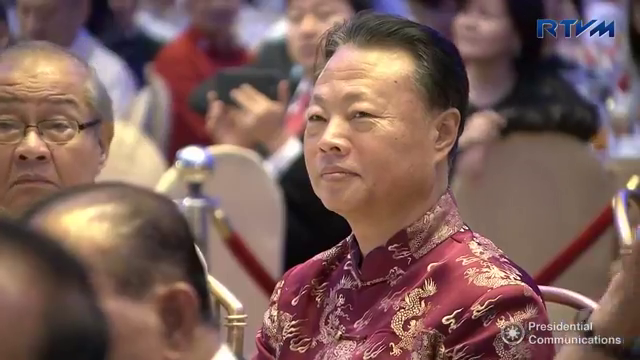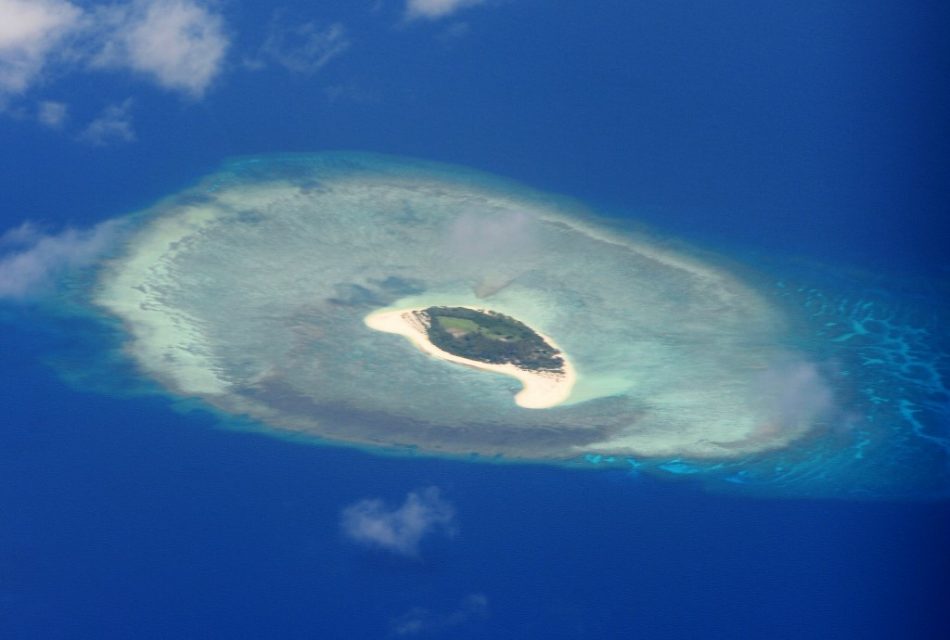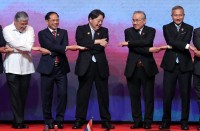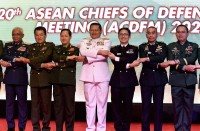
Ambassador says China would like to finalize COC while PHL is still coordinator of China-ASEAN dialogue
(Eagle News) – China would want to finish the Code of Conduct on the South China Sea where freedom of navigation and overflight is maintained while the Philippines is still the country coordinator of China-ASEAN relations, according to China’s ambassador to the Philippines.
During the reception on Monday for the 92nd Founding Anniversary of the People’s Liberation Army, Chinese Ambassador Zhao Jianhua said both the Philippines and China are “working very hard together” to finish the COC before 2021.
“We would like to finalize the COC while the Philippines is the country coordinator of China-Asean relations,” the Chinese ambassador said.
The Philippines is the country coordinator of the China- Association of Southeast Asian Nations (Asean) dialogue until 2021 which is also the end of the six-year term of Philippine president Rodrigo Duterte.
Zhao said that China would like to work with the Philippines, with other ASEAN countries and “with other powers outside this region” to make sure that there is peace and stability in the South China Sea.
He said that it is to China’s interest that freedom of navigation and overflight in maintained in the region.
“So we would like to work not only with the Philippines, with other Asean countries, also with other powers outside this region, it is in our common interest to make sure that South China Sea continue to enjoy relative peace and stability and with freedom of navigation and overflight unchanged and uninterrupted. Particularly for the commercial vessels and for their oil tankers,” he said.
The Chinese ambassador explained that China is all the more concerned about maintaining freedom of navigation in the South China Sea since most of their food exports and imports go through the South China Sea.
“People are concerned about the freedom of navigation and freedom of overflight. Among all the countries, China consented most because nearly 75 percent of food export and import from China or to China is going through the South China Sea. Nearly 80 percent
of oil and gas were imported from other places in the world, is going through South China Sea,” he explained.
Zhao added that if freedom of navigation and overflight is impeded in South China Sea, China is among those countries to be most affected by it.

During the event in Makati on Monday, the Chinese ambassador also called for patience in resolving differences with the various claimant states in the South China Sea.
He said diplomacy is always the better option in dealing with “very sensitive issues” and that differences could “not be settled overnight.”
“Despite the differences we have, we are ready to discuss with claimants over the differences we have. We always believe by law is much better than confrontation,” Zhao said during the reception which was also attended by Defense Secretary Delfin Lorenzana.
“And we all know these are very sensitive issues. For China, for the Philippines and for other claimant countries, it’s not easy to settle. It cannot be settled overnight. So we should be patient.”








